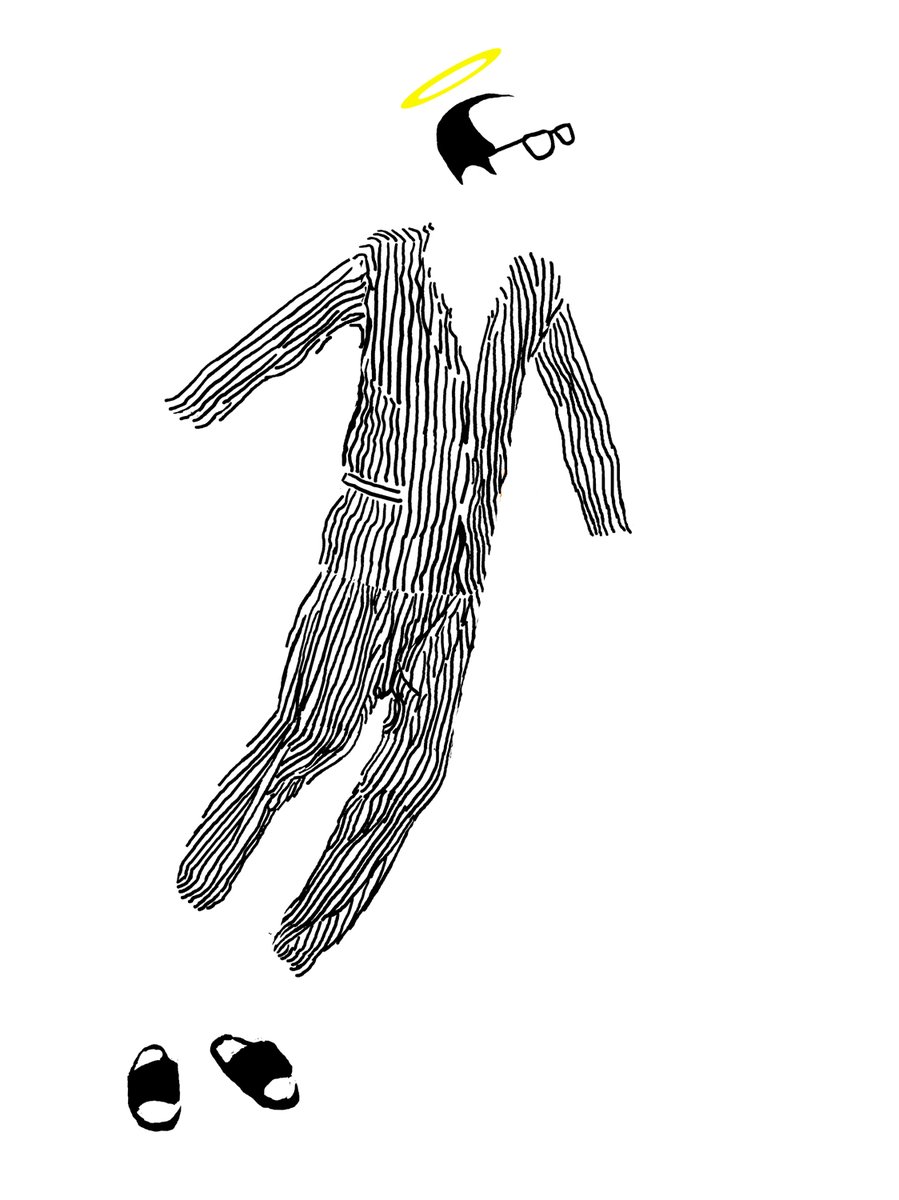As 2017 comes to a close, CDT editors have looked back at coverage of China over the past year and selected links that highlight some of the most important stories posted on CDT or elsewhere. Happy New Year from the CDT team!
CDT Editors’ Picks for 2017:
Sandra Fu, CDT Chinese Senior Editor:
- 【图说天朝】一个都不剩:北京某村欲用花样收费赶走外地人 from CDT – In the light of Beijing’s “low-end population” evictions, it’s worth it to revisit some early signs of the craziness. In July 2017, facing higher authority’s “zero migrant” requirement, a village in now infamous war-zone like Daxing district came up with a plan to kick migrants out by charging everyone of them at least ¥2000 a month.
- 我,志愿加入“银河护卫队” from Douban- Did you know that fans of Li Yinhe call themselves “Guardians of the Galaxy”? That’s the cutest thing I’ve seen on Chinese social media this year.
Sophie Beach, CDT English Executive Editor:
- Jeremy Brown: How the Party Handles Accidents – In an interview with CDT’s Samuel Wade, Simon Fraser University’s Jeremy Brown puts the recent spate of accidents in a broader historical context by looking at the patterns of government response from the Mao era until today. The interview provides a useful frame of reference when reading news reports about the too frequent industrial accidents and natural disasters in China. “Instead of being transparent, or treating accident victims compassionately, the impulse is to cover it up, and target them for surveillance and crackdowns. Because that’s what you do to a protest, right?” Brown asks.
- The Passion of Liu Xiaobo by Perry Link in the New York Review of Books – Link offers an eloquent and personal commemoration of Nobel Peace Prize laureate Liu Xiaobo, who died in July of liver cancer while serving an 11-year-sentence. Link asks: “Two hundred years from now, who will recall the names of the tyrants who sent Mandela, Havel, and Suu Kyi to jail? Will the glint of Liu Xiaobo’s incisive intellect be remembered, or the cardboard mediocrity of Xi’s?”
- Runners-up: Lao Gan Ma: The Story of China’s Most Spicy Godmother Tao Huabi from What’s on Weibo, and Why Is It So Hard to Get Sichuan’s World-Famous Peppers in America? from Slate – the fascinating stories behind two of China’s most beloved condiments.
Samuel Wade, CDT English Deputy Editor:
- Li Xuewen’s Tea Drinking Diary, posted in English at CDT, offers a tense but sometimes disarming account of a visit from Domestic Security Department officers who ordered him and his girlfriend, lawyer Huang Simin, to leave Guangzhou for the six months leading up to this month’s Fortune Global Forum. Undeterred by the visit, Li helped organize memorial activities for the late Nobel Laureate Liu Xiaobo this summer, and was detained last week as an apparent result.
- Michael Caster’s new book “The People’s Republic of the Disappeared: Stories from inside China’s system for enforced disappearances” presents 11 accounts of secret detention which bring home the cruel reality behind the innocuous sounding official term “residential surveillance,” showing the unfolding psychological effects of this mistreatment, and occasionally putting a human face on the victim’s immediate captors. Supplemental materials from Caster and a foreword from lawyer Teng Biao add vital and insightful context. Excerpts are available at China Change and The New York Times.
- As a bonus pick, I want to highlight ethnographer Tricia Wang‘s 2011 blog post Street Vendor Life in China. It describes her time living and working with a family of migrant food vendors, whose precarious and exhausting existence came back to me amid the eviction campaign in Beijing this winter.
Josh Rudolph, CDT English Translations Editor:
- Chinese Academy of Social Sciences’ Four Big Critiques from CDT. 2017 saw the long anticipated official consolidation of Xi Jinping’s power with the addition of his name and ideological contributions to Party doctrine enshrined in the CCP charter. Months prior to that addition, CDT translated prefaces to Chinese Academy of Social Sciences collections. The introductions represent the spirit of Xi Jinping’s drive to reinforce ideological orthodoxy throughout the Party, and combat the undesirable ideological trends that have been a top priority of Xi’s tenure.
- Global concerns over Beijing’s well-funded global influence campaigns swelled in 2017, leading to the coining of the term “sharp power” to describe innovations in international influence techniques being co-led by China. In September, New Zealand-based scholar Anne Marie-Brady published the Wilson Center policy report “Magic Weapons: China’s political influence activities under Xi Jinping”. The report uses New Zealand as a case study, and provides a thorough description of how the United Front Work Department—a domestic and foreign lobbying organization that reports directly to the CCP Central Committee—has been substantially expanded under Xi Jinping.
- Runner-up: Despite Censorship, Netizens Remember Liu Xiaobo from CDT. Translations of moving tributes to Liu Xiaobo by netizens, despite government efforts to scrub his existence from cyberspace.
Xiao Qiang, CDT Founder and Editor-in-chief:
- 【诗】小众童网 | 有个人快死了 – A poem to Liu Xiaobo.
- 郭文贵全球爆料信息发不会首场!(文字版节选一) – Guo Wengui’s expose, an insider’s look at how power, money and sex work at the highest levels of Chinese power.
- 中央党校党史教研部学习习近平讲话座谈会纪要 – These are internal notes taken during the discussion of “Xi Jinping’s speech at the Central Party School on July 24, 2010” at the Party History Department of the Central Party School, leaked on Chinese social media in 2017. This note touches on almost all “sensitive subjects” and explains “why the Party should not let people to know the truth (of Party history)” through the words of the faculty of the Central Party School. (An English translation of this document is forthcoming on CDT.)
CDT Chinese editors have also picked their ten top stories from the year. Look for an English translation of their list on CDT in the next few days.








